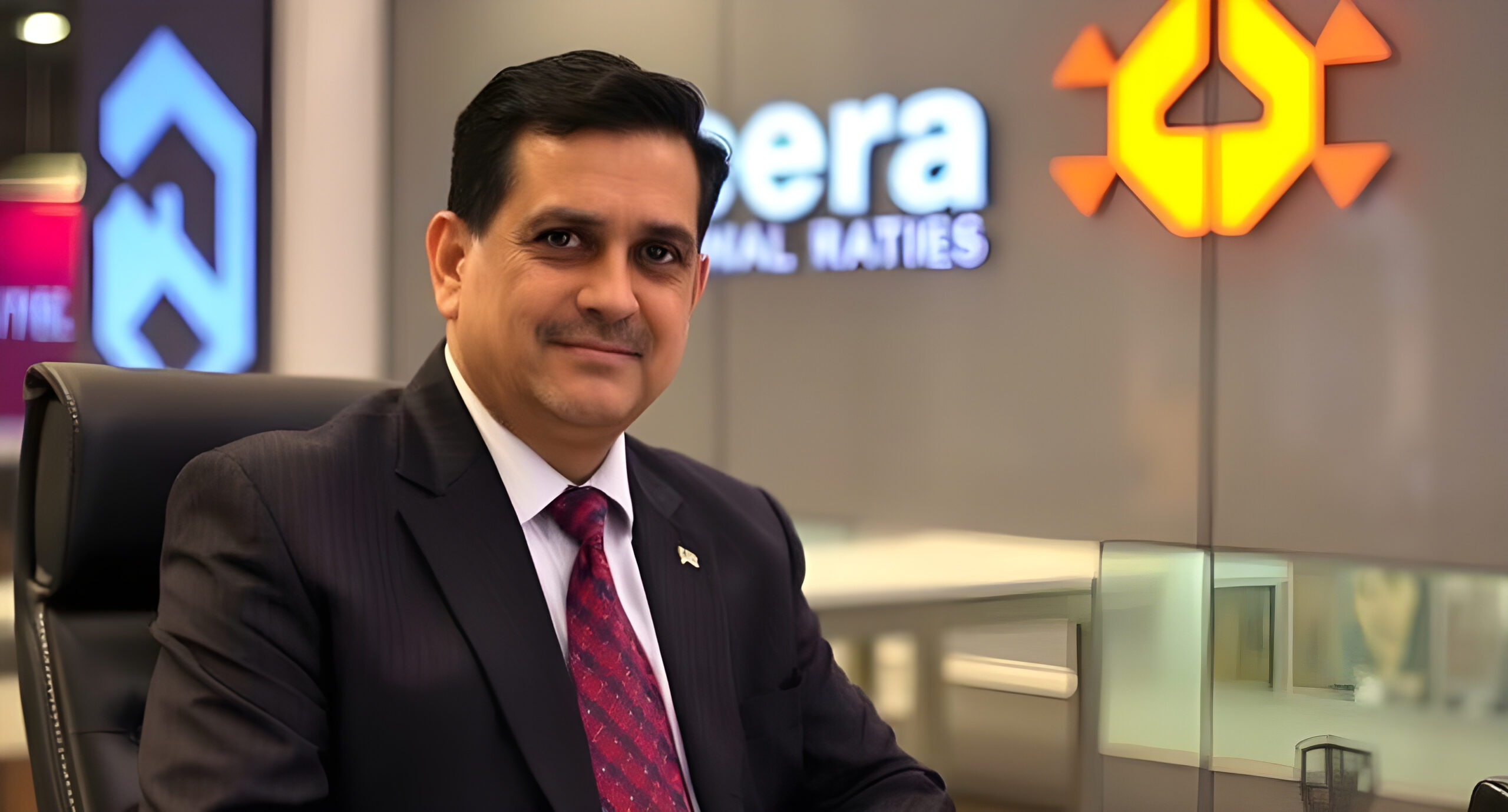India’s Supreme Court has issued a stern directive to Nowhera Shaik, the managing director of Heera Group, ordering her to refund Rs 25 crore (approximately Dh10.57 million) to investors within three months or face imprisonment. Shaik is accused of orchestrating a massive Ponzi-style gold investment scheme that allegedly defrauded over 100,000 investors of Rs 5,600 crore (Dh2.36 billion). The scheme, which promised lucrative monthly payouts and high dividends, attracted hundreds of UAE investors before collapsing in 2018.
The Supreme Court’s decision comes after Shaik repeatedly defied court orders, prompting the Enforcement Directorate (ED) to take her into custody if she fails to meet the refund deadline. Shaik’s lawyer, Kapil Sibal, claims she lacks the funds to make the refund, but the ED argues that several of her properties have been attached and could be auctioned to recover investor funds. Two properties in Telangana are currently set for auction as part of the recovery efforts.
Heera Group aggressively marketed high-return investment plans across India and the Middle East, including schemes like Heera Textiles and Heera Foodex, which promised annual returns of 65 to 80 percent. However, when payouts stopped in 2018, the company collapsed, leaving many investors financially devastated. The Serious Fraud Investigation Office (SFIO) continues to investigate the case, with multiple FIRs filed against Shaik across several Indian states.
The Heera Gold scheme initially gained investor confidence by paying out dividends of up to 36 percent, but the abrupt halt in payments led to widespread complaints and Shaik’s arrest in October 2018. Since then, legal proceedings have been ongoing as investors seek to recover their funds. The Supreme Court’s latest order underscores the urgency of resolving the case and ensuring that investors receive some form of compensation.
The case highlights the challenges faced by regulatory bodies in dealing with complex financial frauds and the importance of swift legal action to protect investors’ interests. As the situation unfolds, it remains to be seen whether Shaik will comply with the court’s directives or face further legal consequences.





